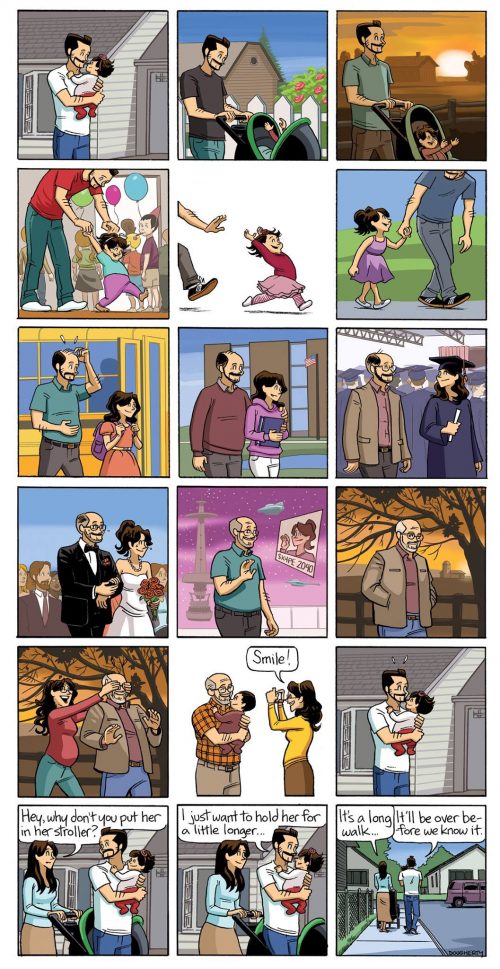As you may recall, Richard Carrier is suing Freethoughtblogs, the Orbit, Skepticon, and a woman who objected to his behavior. We got an update from our lawyer over the weekend.
First, we got the schedule of court deadlines, and my heart skipped a few beats. We’ve got stuff scheduled for December and May of next year, and resolution of one point may not happen until August. Of next year. Yeesh. This stuff takes forever. The good news is that most of that time is spent waiting for a judge to make decisions on various concerns we’ve raised, and we’re not going to be shoveling money non-stop into a lawyer’s maw. But there will be some continuing expenses.
Another bit of amusing news is that Carrier’s lawyer discussed settling the case (I will emphasize, this was his lawyer and not Carrier himself) and tentatively suggested some possible terms: that we cover Carrier’s legal expenses so far, estimated at about $50K (heh, no way, we’re not going to fund his future SLAPP suits) and — hang onto your hats, gang, this was unbelievable — that we hand over contact information and communications from all individuals who’d ever said a bad thing about Richard Carrier.
My takeaway from this is that he’s finding us a tougher nut to crack then expected, so he’d like to find some softer targets to pick off. So it’s going to drag on a long time, but I’m heartened by the news that his lawyer is concerned. Ours is pretty damned confident.
It goes without saying that we’re not going to concede any money to him without a hard fight, and there’s no way we’re going to expose anyone else to his predatory behavior. Rather, we’re going to fight harder, and the long drawn out process is an opportunity to bleed him more. His reputation is going to be in tatters if he continues his misguided SLAPP suit.
We will still have legal expenses coming up. Help us out by donating, if you can! You can also help out Skepticon with a tax-deductible donation, although that doesn’t benefit the rest of us.




